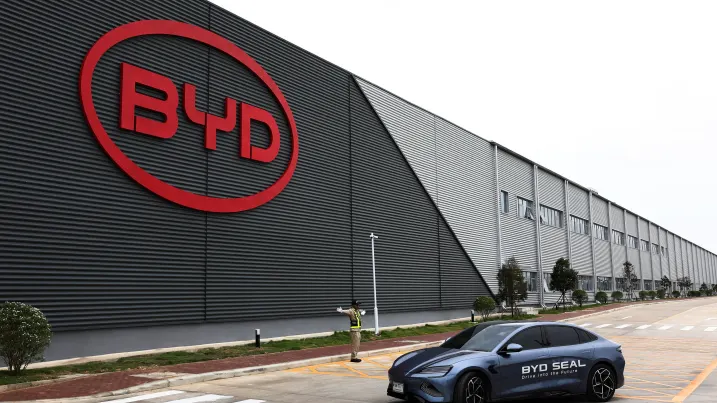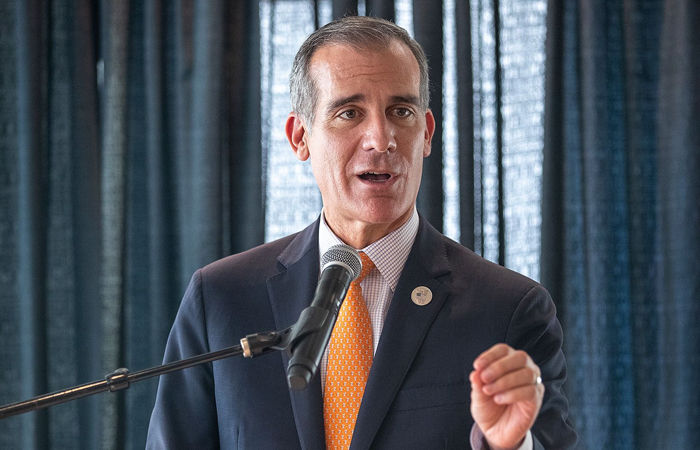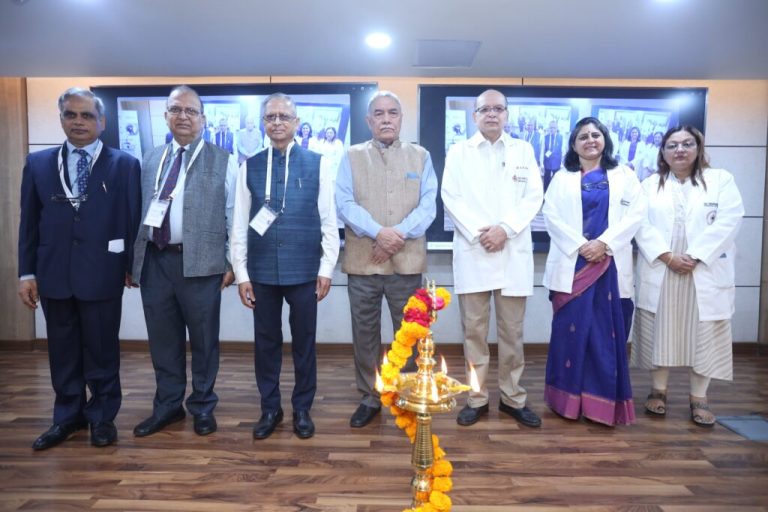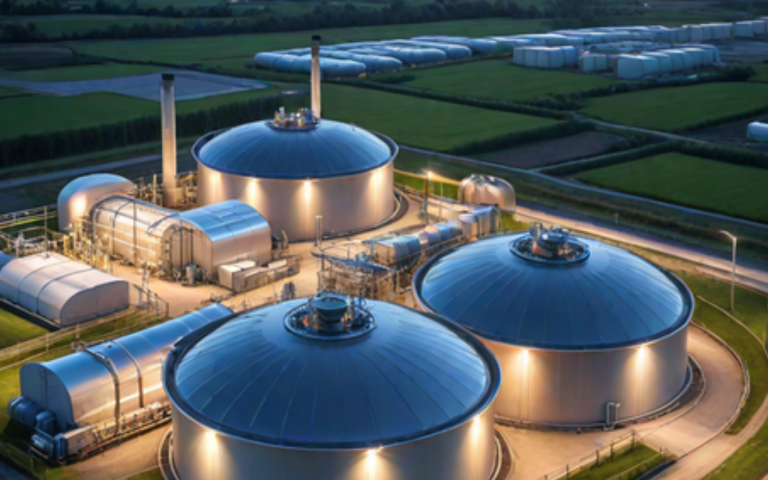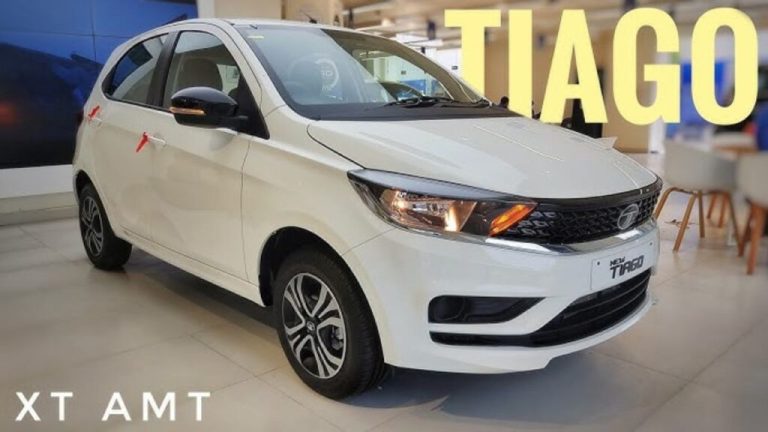China’s BYD opens First EV factory in Thailand
China’s electric vehicle (EV) giant, BYD, has inaugurated its first Southeast Asian factory in Thailand. This significant move marks a major milestone for the region’s burgeoning EV market and highlights BYD’s strategic plan to capitalize on Thailand’s government support for EV production.
Thailand’s EV Vision and BYD’s Technology Transfer
BYD’s CEO, Wang Chuanfu, emphasized the company’s commitment to Thailand’s EV vision during the opening ceremony. He pledged to bring advanced technology from China to Thailand, supporting the nation’s goal of becoming a key player in the global EV industry. Thailand’s government has set an ambitious target: converting 30% of its annual vehicle production to EVs by 2030, with a goal of reaching 2.5 million vehicles produced annually. Significant government investments and incentives create a favorable environment for automakers like BYD.
Surge in Investment and Thailand’s Growing Importance
The new BYD plant is part of a larger wave of investment from Chinese EV manufacturers, totaling over $1.44 billion. These investments are driven by government subsidies and tax breaks designed to attract and support Thailand’s burgeoning EV industry. BYD’s investment alone is $490 million, establishing a sprawling facility with an impressive production capacity of 150,000 vehicles per year, including plug-in hybrids. This signifies not only BYD’s dedication to Thailand but also highlights Thailand’s growing importance as a hub for auto assembly and export.
Thailand: A Strategic Export Hub for BYD
Thailand’s Board of Investment pointed out BYD’s strategic use of Thailand as a production hub for exporting EVs to ASEAN and other global markets. This aligns with BYD’s broader strategy to expand beyond China and mitigate potential tariff impacts on Chinese-made vehicles. BYD is also establishing a production base in Hungary to target the European market with EVs and avoid high EU tariffs on Chinese-made EVs.
BYD currently holds a leading position in Thailand’s EV market, capturing a commanding 46% share. This dominance is a testament to BYD’s effective market strategy and the rising demand for EVs in Thailand. Traditionally, Japanese carmakers dominated Thailand’s auto sector. However, the shift towards EVs is reshaping the competitive landscape, with BYD and Great Wall Motor from China gaining significant traction. U.S. automaker Tesla also competes in the Thai market, further intensifying competition.
Boosting Production Capacity and Regional Significance
The BYD plant in Thailand will manufacture right-hand-drive EVs, strategically positioned to avoid EU tariffs. This facility will also assemble batteries and other critical components, boosting BYD’s production capabilities and operational efficiency. BYD’s Asia Pacific general manager emphasized the significance of the Thai facility, stating that they will assemble batteries and other parts there, underscoring the comprehensive nature of BYD’s investment in Thailand.
The opening of BYD’s EV factory in Thailand marks a turning point for the company and the Southeast Asian EV market. With substantial investments, advanced technology transfer, and strategic production capabilities, BYD is poised to solidify its dominance and support Thailand’s vision of becoming a leading EV manufacturing hub. This development strengthens BYD’s global expansion efforts and underscores the growing importance of Southeast Asia in the global EV industry. As the competitive landscape evolves, BYD’s strategic moves will likely influence the future direction of the region’s automotive market.
